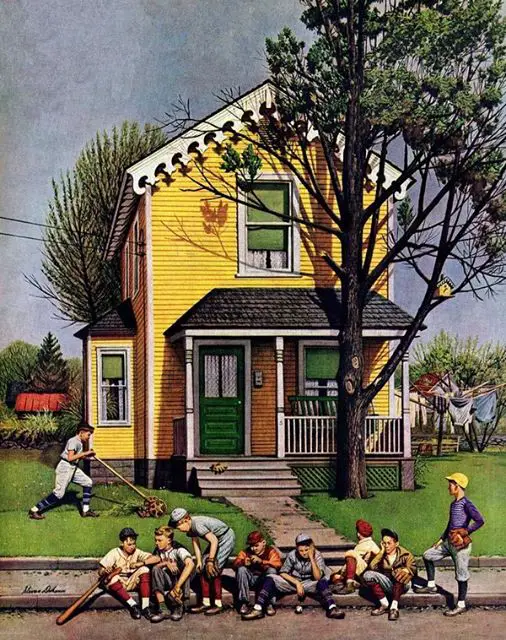Why do fictional characters leave the house? Sometimes it’s because they face a crisis and are pushed into action. Melodramatic stories work like that. Sometimes characters are lonely, wanting friends or romance. Sometimes it’s because they’re curious and there’s a mystery to be solved. And sometimes boredom is the motivator. Stories can begin because characters are bored.
Boredom drives all of us and can therefore be found in all types of stories, for adults and children alike:
- Claude Goes To The Country by Alex T. Smith — a dog is bored at home while his owners are away at work, so he bumbles out of the house with the main goal of ‘avoiding boredom’, only to find himself in one hilarious situation after another.
- Coraline — Coraline’s parents are both busy working from home and it is boredom rather than curiosity which drives her to discover fantastical parts of her new house, a fantasy which taps into her darkest psychology of being too much, and of her parents being inadequate.
- The Chocolate War by Robert Cormier — The mischief is driven by the wish to spice up school life.
- A Couple Of Boys Have The Best Week Ever — Marla Frazee takes the boredom trope and plays with it. The adults go out of their way to give two young boys a marvellous holiday but the boys only learn to rely on their own imaginations once the adults wear themselves out and organised fun leaves a gap. (I think this picture book has a message for adults rather than kids.)
- “Carnation” by Katherine Mansfield — Mansfield does a wonderful job of evoking the boredom of a classroom, especially on a very hot day. The main character looks out the window and daydreams. This would not be happening if she weren’t bored.
- There’s A Crocodile Under My Bed — Many carnivalesque picture books featuring an animal that appears out of nowhere derive from a place of boredom, or at least from a place where the child has room to think, for example trying to get to sleep by yourself in your own room.
- Lonesome Dove by Larry McMurtry — Pretty much the entirety of Chapter 2 details how slow and dull it is living in the sleepy little settlement of Lonesome Dove. This explains why Call and McCrae start out on another big adventure rather than settling down to the quiet life they might enjoy in their later years.
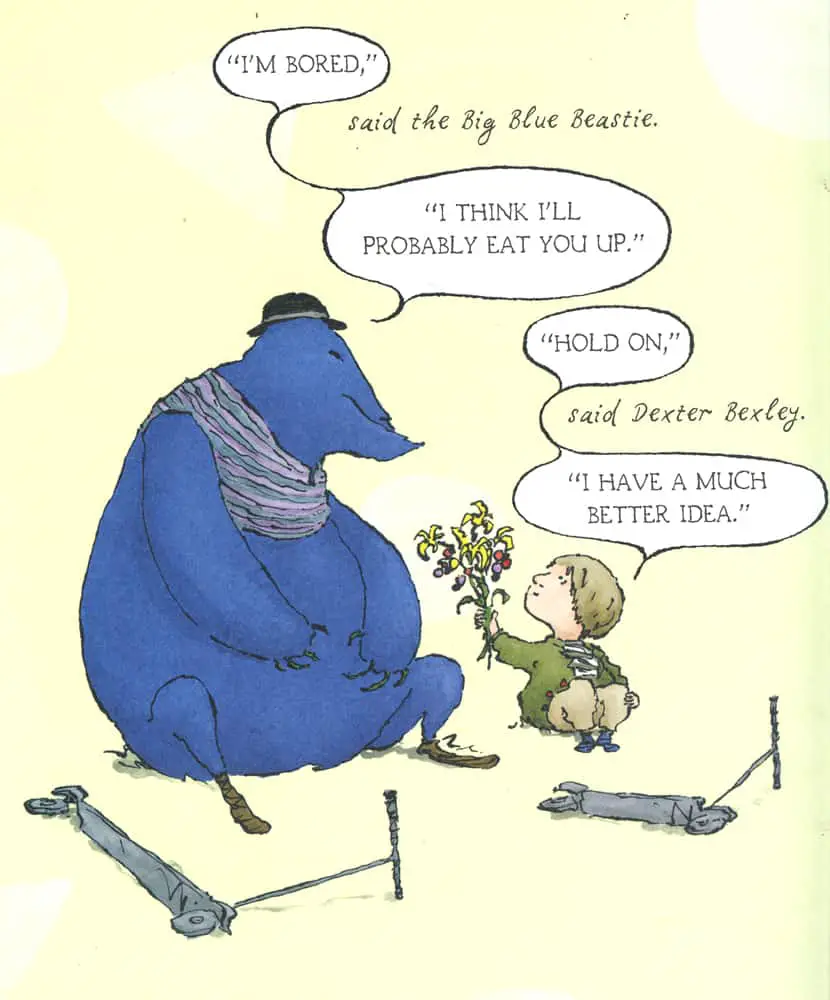
Rain and Boredom
In books for the youngest children, a rainy day will often lead to boredom, on the assumption that being outside is always more fun than being inside. (This trope is starting to show its age.)
It was a drizzly gray day on Sesame Street. Ernie listened to the dreary sound of the rain against the window. “There’s nothing to do!” he groaned.
What’s Up In The Attic? A Sesame Street Little Golden Book, 1987
There’s a whole category of 20th century children’s books instructing how to have fun even when it’s raining outside.
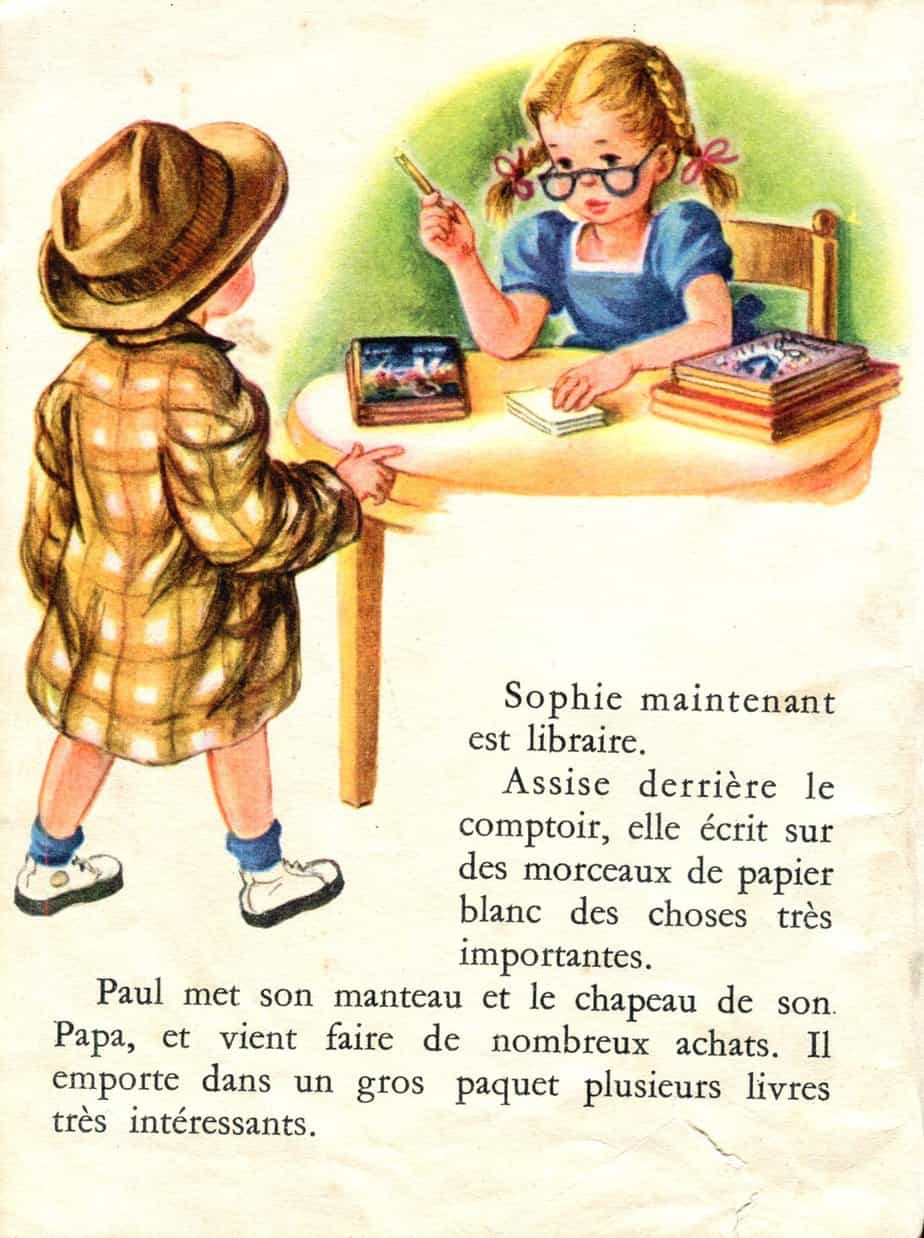
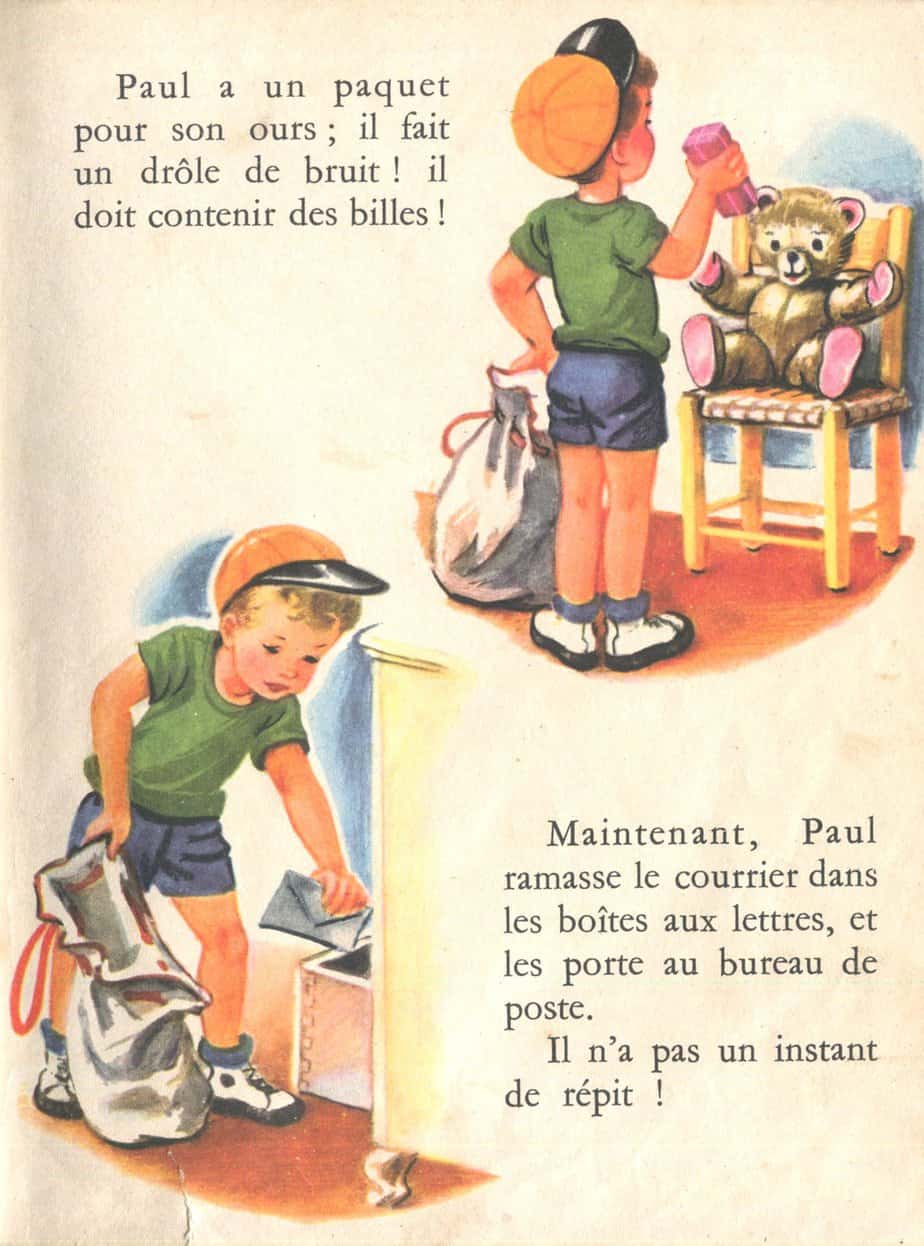
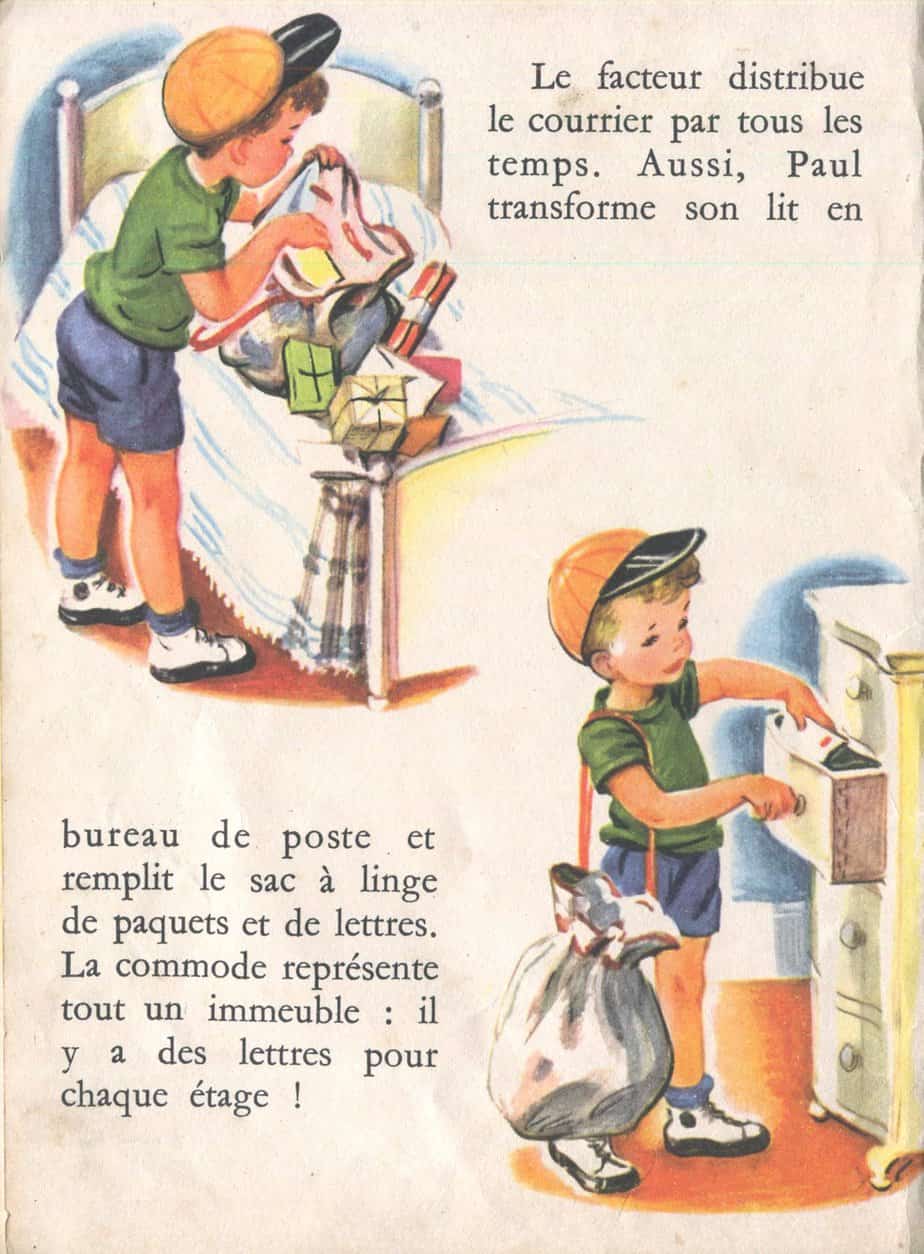
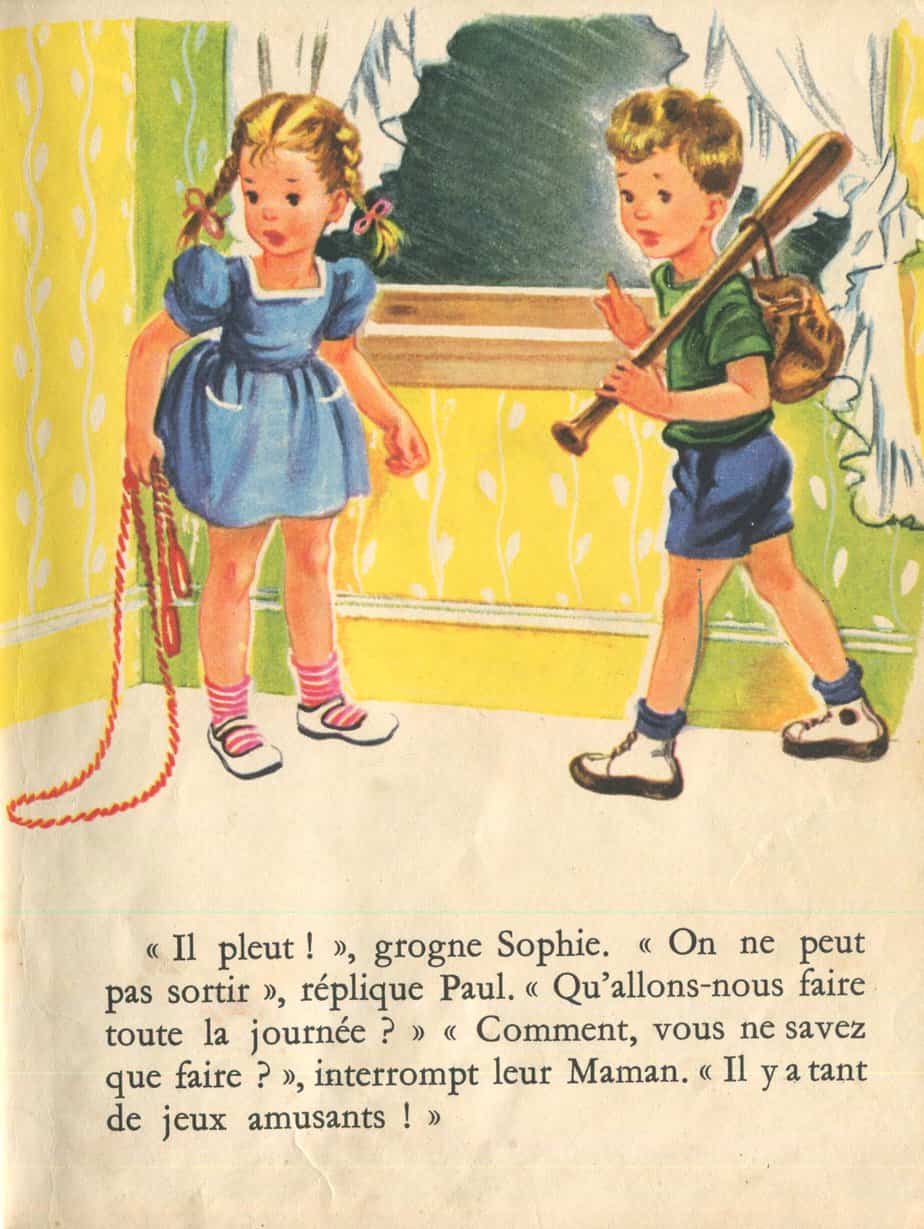
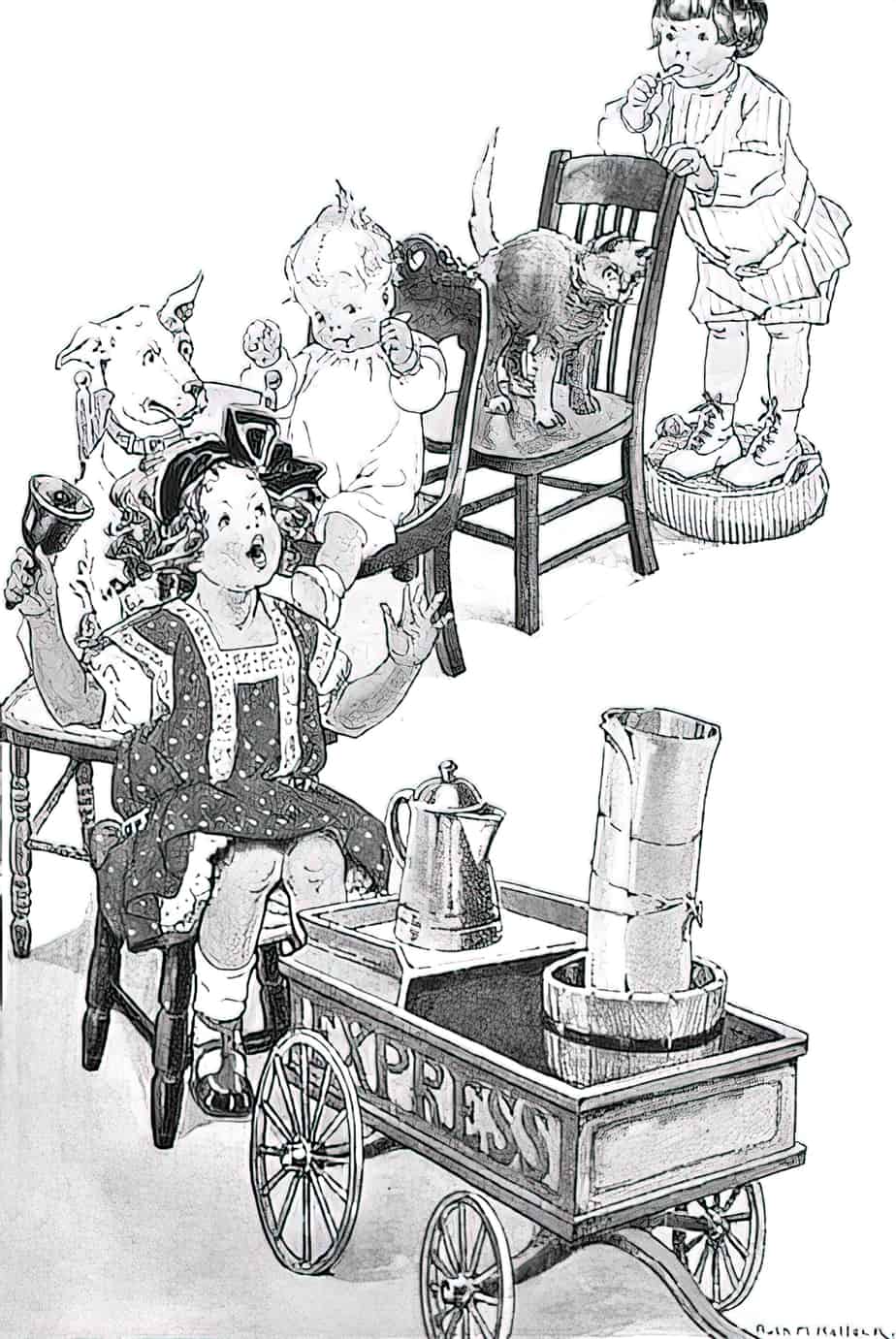
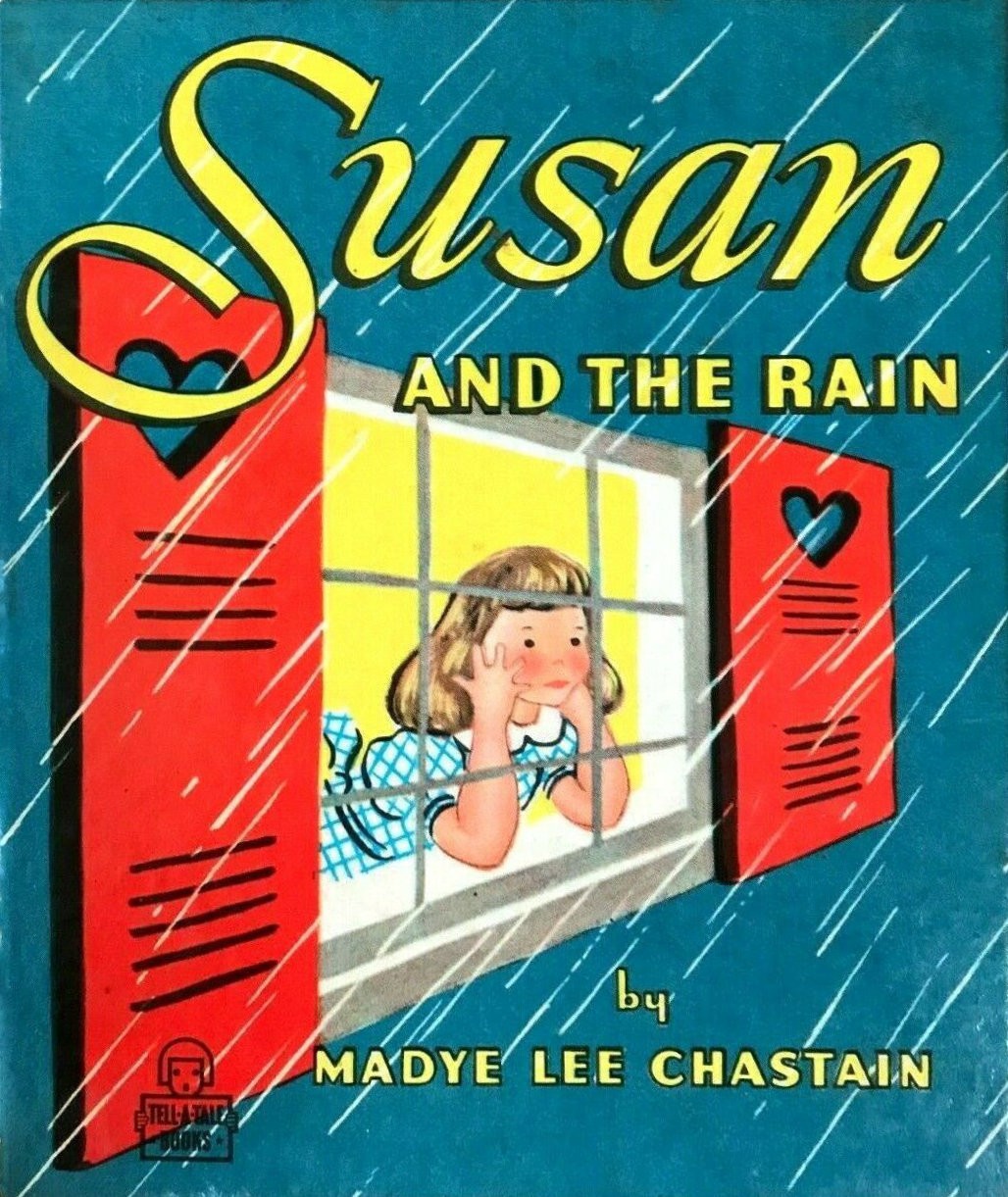
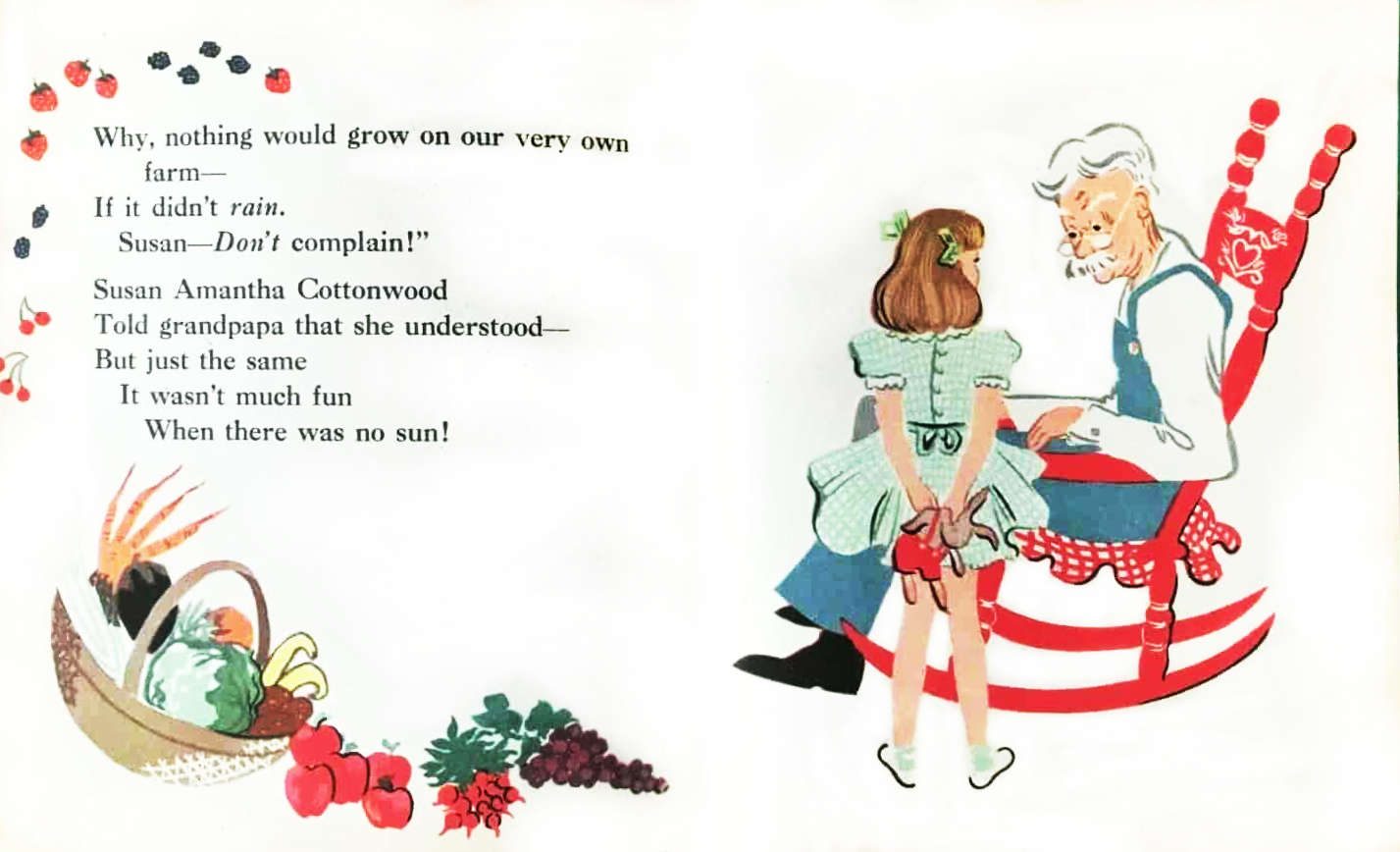
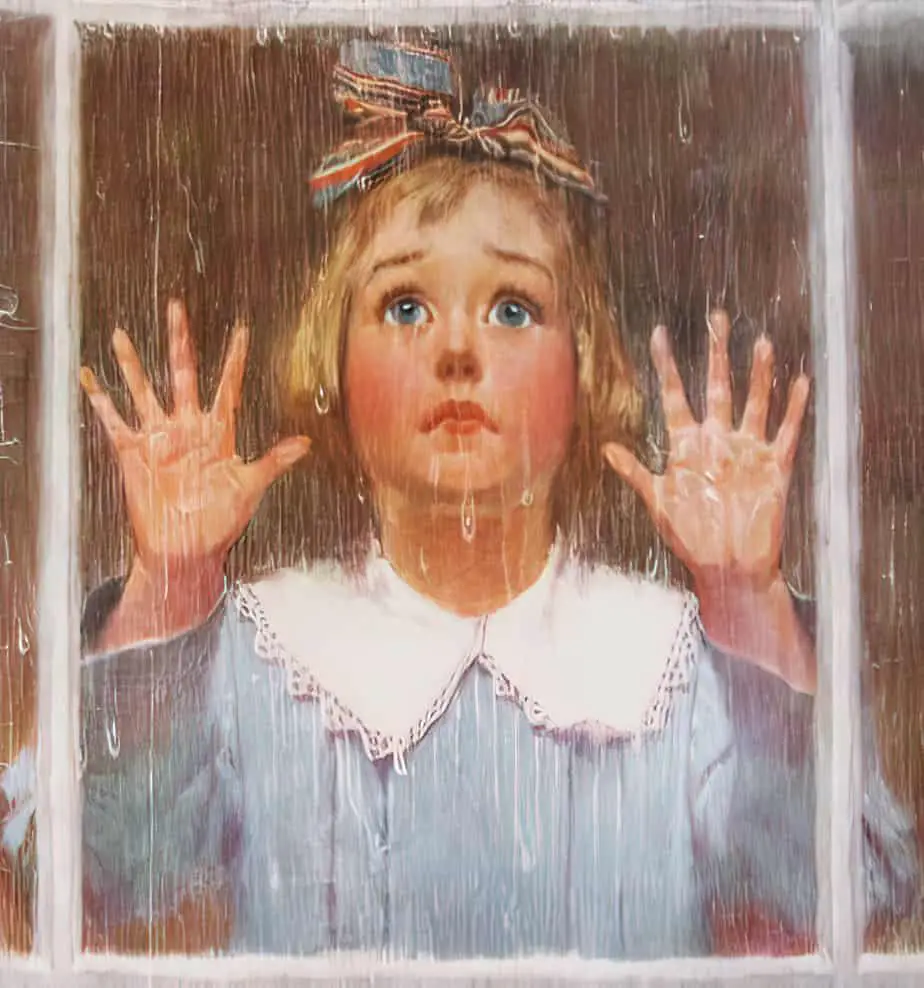
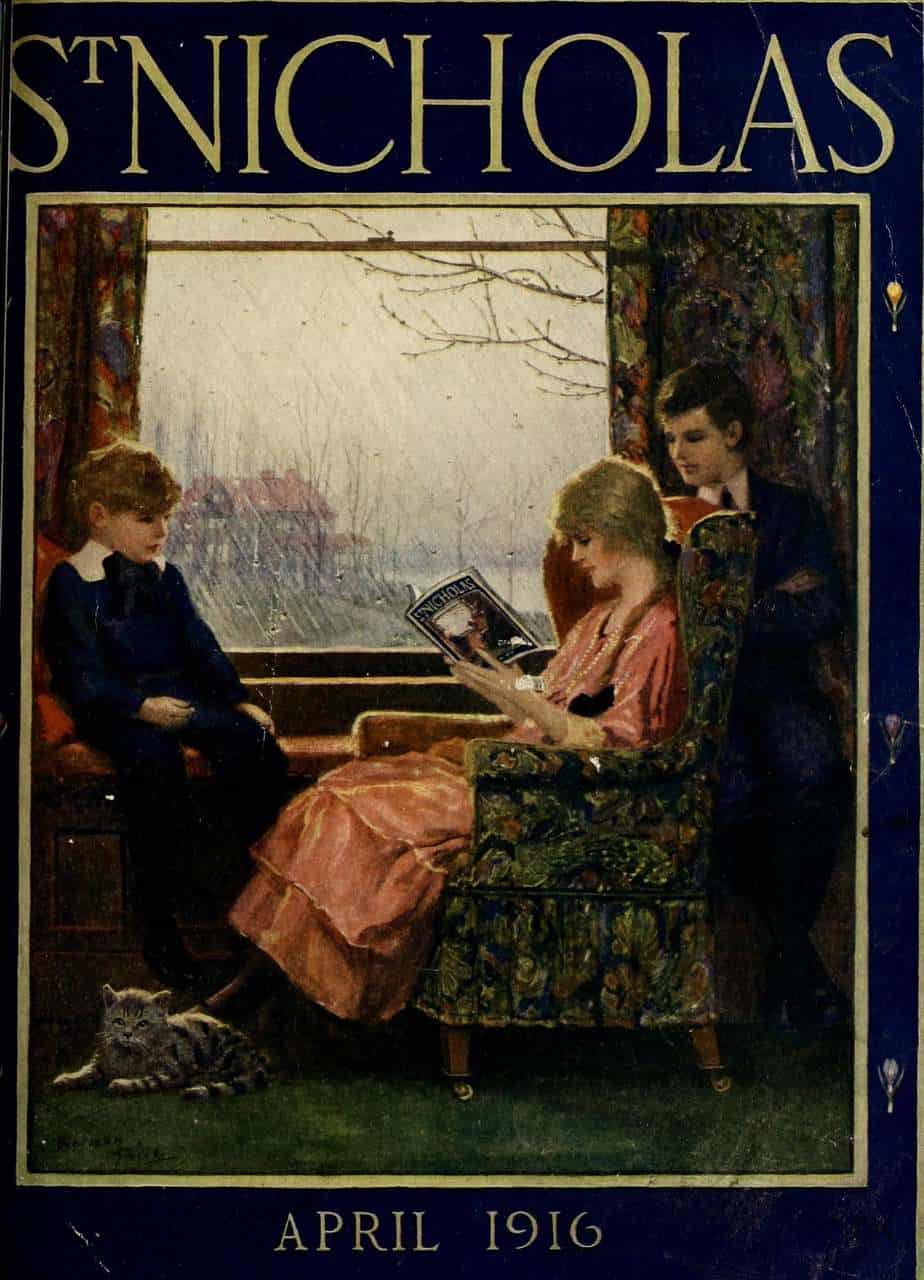
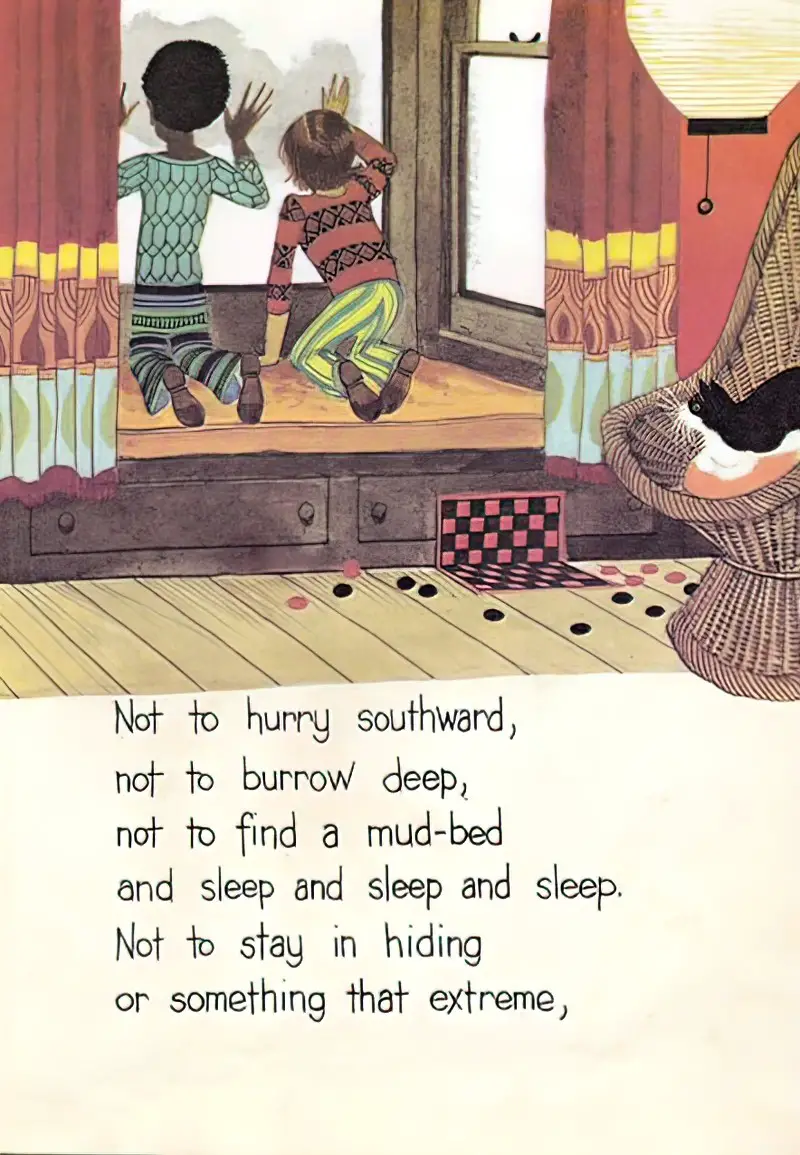
If fictional characters are bored, this is probably at the opening of a story, before the Opponent appears, before the Mystery tantalises. The boredom may function as ‘The Call To Adventure’ at the Desire stage of plotting. In storytelling terms, boredom is basically the negative inverse of curiosity as Call To Adventure.
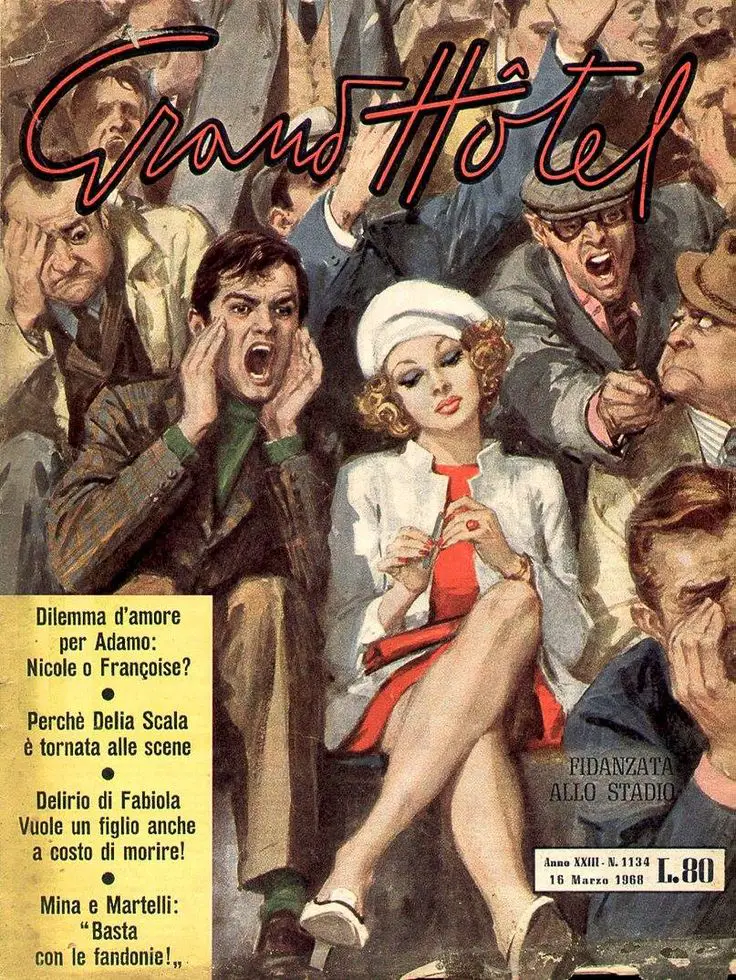
Outside fiction, boredom is seldom so unbearable that we set off to save the world.
Most jobs involve an element of monotony. Edward Gorey, famous American illustrator, said he hated the monotony of drawing his patterned wallpapers. He found this so tortuous that he’d often leave a piece for months on end before he could stand finishing it off. If I’m working on a big project I always need an extended break at the midway point, so this makes me feel better. As Seth Godin says, it’s not about how long your work takes to make. Audiences only care about their own experience of the piece at their end.
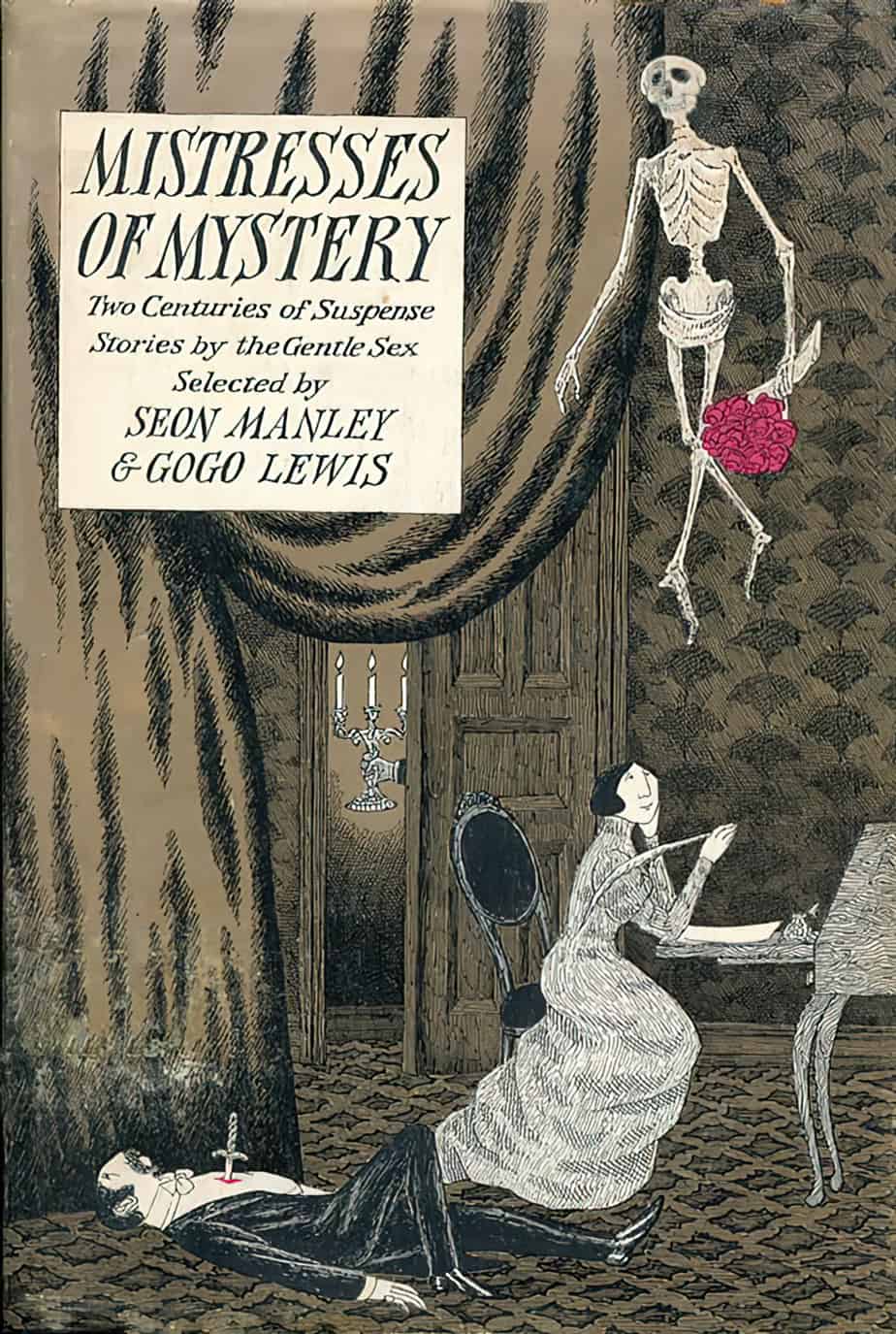
There’s not much research around boredom. This emotion has received scant attention because of the heavy focus on positive psychology over the past 30-40 years, but now the focus is shifting towards negative emotions. Despite our more stimluting world, we are more bored now than ever.
Here’s what psychologists do know:
- Young people are more boredom-prone than older people
- Extraverts are more boredom-prone than introverts
- Men are more boredom-prone than women
The first two feel intuitive. The gender difference is yet to be explained, and without getting too binary about things, I wonder if this boredom difference correlates to why masculine story structures traditionally feature a male character setting out on an adventure, apropos of nothing. From an evolutionary perspective, the discomfort of boredom can be motivating.
In contrast, the feminine melodramatic form correlates to female characters and their families reacting to externally imposed crises.
Boredom isn’t always considered an ’emotion’, rather lack thereof. That said, boredom is often experienced negatively because when people feel bored we tend to feel other negative emotions alongside, such as anger and frustration that we are required to perform a monotonous task.
We are reluctant to admit to boredom, influenced by the maxim that only boring people get bored, and only unskilled people do boring jobs. We seem a little afraid of it, and will competitively say that we are never bored, yet are often happy to admit how stressed we are. This attitude has influenced modern parenting. Parents want to stimulate our children and feel that if they aren’t doing enough then we, as parents, are wasting their learning windows.
However, boredom is a necessary emotion and part of the human experience. We shouldn’t strive to banish it. Boredom helps us to be totally focused on new experiences rather than perpetually fascinated by leaves, rain etc., like toddlers. If we lived our entire lives with toddler-levels of enthusiasm for the mundane we’d never get anything done.
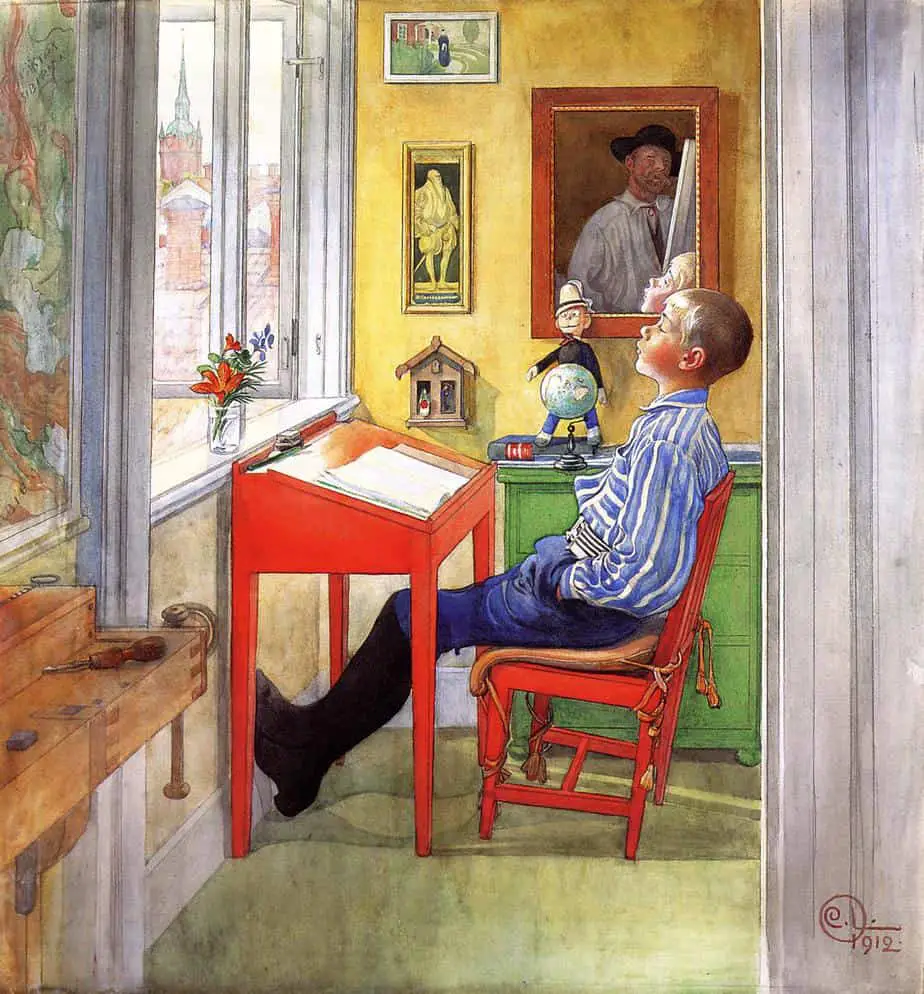
WHAT IS BOREDOM?
Sandi Mann wrote The Science of Boredom: Why Boredom Is Good, and regards boredom as an emotion. She describes boredom as the experience of searching for neural stimulation and not getting it. Repetitive tasks, queuing, things like this are antecedents for boredom.
Others argue that boredom is an absence meaningful things to do.
Boredom can be slightly stimulating because it provides us with an unease, providing a push to do something.
While bored we feel time is frozen. Professor Thomas Götz describes boredom as a ‘silent emotion’. On its own it isn’t too bad, but we experience it as negative when accompanied by something like anxiety.
Students are bored about 30% of their time at school, or 50% if we count ‘slightly bored’. There are many antecedents to boredom, mostly to do with value and control. We feel bored when we don’t attach value to what we are doing, if we don’t see the point, and we feel bored when we have little control over what we are doing. When we are under-challenged or over-challenged we also experience boredom.
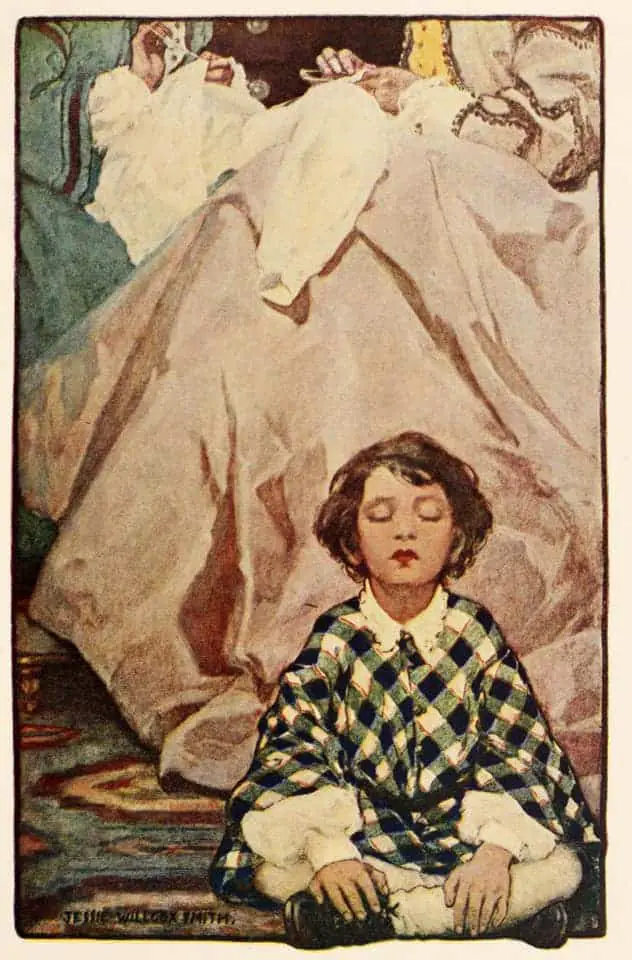
TYPES OF BOREDOM
Niksen
Niksen is a Dutch word which means to do nothing. The closest we have in English is daydreaming. This can be pleasant if not practised for too long. We have creative moments during this kind of doing nothing. We might spontaneously find the solution for something on our mind. When people who worry about screentime, they worry that we are losing Niksen in our lives, because instead of letting ourselves think we are filling our minds with our phones. We might call Niksen or daydreaming a pleasant variety of boredom.
THE FIVE TYPES OF BOREDOM ACCORDING TO PROFESSOR Thomas Götz
Some types of boredom are stimulating, some are not.
- INDIFFERENT BOREDOM — The kind of boredom you feel sitting in a lecture you’re not especially interested in. Not too bad.
- CALIBRATING BOREDOM — When you stay longer in this lecture it becomes more unpleasant. Our mind and bodies are ‘calibrating’.
- SEARCHING BOREDOM — Now you’re actively searching for new input.
- REACTANT BOREDOM — High arousal, negative emotion.
- APATHETIC BOREDOM — Very low arousal, very negative emotion. Possibly related to learned helplessness and depression.
When Coraline explores her new house, she is at level 3 boredom. A character at level 5 will require an Opponent to spur them into action, e.g. I Don’t Feel At Home In This World Anymore.
